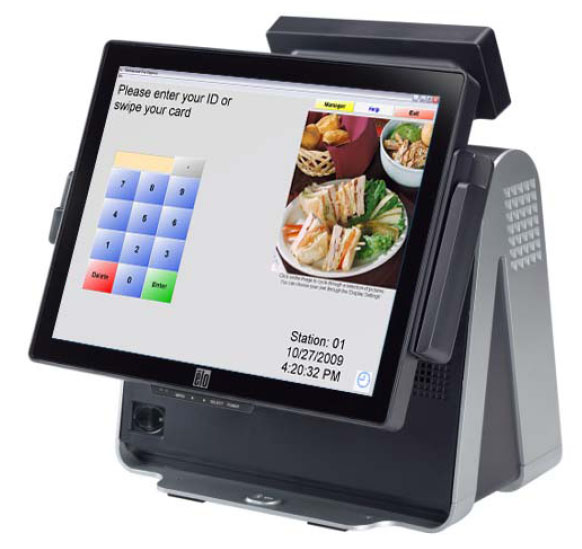In this fast-paced business environment, choosing the best payment processor for your POS system is vital for ensuring smooth transactions and ensuring customer satisfaction. As transition from traditional cash registers to modern cloud-based solutions, the significance of integrating a reliable payment processing solution has reached new heights. A properly chosen payment processor not only increases the efficiency of your operations but also offers security and flexibility that satisfy the needs of your specific industry.
Understanding what a POS system is and how it can transform your business is the primary step in making an educated decision. From improving customer experience in hospitality to delivering robust inventory management features, a modern POS system comes equipped with countless functionalities that can drive growth and enhance productivity. As you explore your options, think about how the cutting-edge technology trends, such as contactless payments and AI integration, will play a key role in molding the future of transactions for your business.
Comprehending POS Solutions
A Point of Sale system is a combination of hardware and software that enables businesses to handle transactions and manage sales data. Originally associated with retail environments, modern Point of Sale systems have advanced significantly and can address a variety of industries, including food service, hotels, and online retail. These systems not only process the actual payment process but also manage inventory, generate sales reports, and improve customer engagement, making them essential tools for modern businesses.
The innovation behind Point of Sale systems has progressed from straightforward cash registers to sophisticated cloud-based solutions that deliver increased adaptability and versatility. Cloud computing enables businesses to obtain their data from any place, providing instant insights into sales performance and inventory levels. This progression allows minor businesses to take advantage of the similar advanced features that were once limited to larger enterprises, balancing the playing field in fierce markets.
Selecting the right POS system demands an knowledge of its features and functionality, as well as how it can fit with your business goals. Aspects to think about include ease of use, ability to integrate with other software, support for various payment methods, and protection measures to secure customer data. A properly selected POS system can change business operations, improve customer experiences, and ultimately drive growth.
Deciding the Best POS Solution
Choosing the right POS system is crucial for the success of your enterprise. Begin by recognizing your specific operational demands, as different industries demand diverse functionalities. For instance, a retail business might emphasize inventory control and customer reward features, while a restaurant may need effective table oversight and service charge handling. Grasping the particular demands of your establishment will aid reduce down the choices and highlight the systems that deliver the most features.
Subsequently, evaluate the capacity for growth of the POS system. Your business might be modest today, but growth is often the aim. Select a solution that can adapt with you, supplying additional features and connectivity as your demands change. Seek out cloud-based solutions that permit for easy updates and scalability without the hassle of extensive hardware changes. article source will ensure that your commitment continues viable in the long term, responding to the demands of your expanding operations.
Finally, evaluate the payment processing options that the POS system offers. It is essential to select a processor that features multiple payment types, including credit and debit cards, mobile payments, and contactless transactions. Security features should not be ignored, as PCI compliance is crucial to safeguard customer data and foster trust. Examine the fees associated with transaction fees and overall cohesion capabilities with your current systems. A seamlessly connected payment processor can enhance efficiency and create a seamless customer experience, making your POS system a effective tool rather than just a transactional device.
Securing Security and Compliance
In today's digital landscape, ensuring the safety and conformity of your POS system is paramount. Businesses must prioritize safeguarding critical customer information, especially payment data, to prevent cyber threats. Adopting strong encryption methods and ensuring secure connections can substantially reduce vulnerabilities. Regularly updating your system with the latest protective patches is essential for keeping your POS system resilient against emerging threats.
Conformity with regulations such as PCI DSS is vital for any business that processes payment transactions. Understanding these guidelines not only helps protect customer data but also protects your business from potential legal ramifications and hefty fines. Being informed about compliance requirements and conducting regular audits will ensure that your POS system aligns with industry standards.
Furthermore, investing in a secure POS system can improve customer trust and loyalty. By being Impos about your security measures and showing a commitment to protecting their data, you can create a positive reputation. Additionally, training staff on security best practices will foster a culture of vigilance, ensuring all employees plays a role in upholding security and compliance in your organization.

